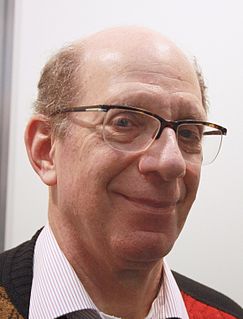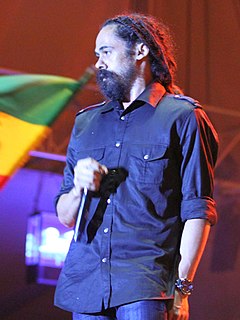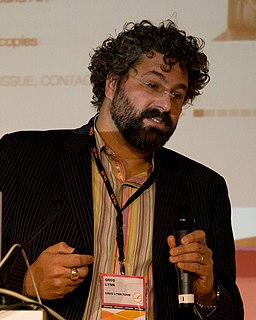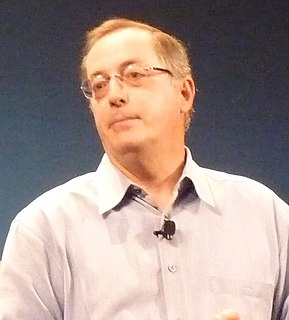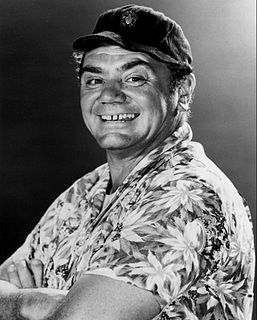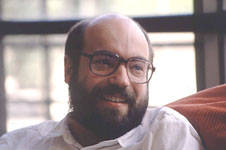Top 1200 Laptop Computers Quotes & Sayings - Page 18
Explore popular Laptop Computers quotes.
Last updated on November 15, 2024.
I tried once in my life to write a novel. I had written something like 80 pages of it when my laptop got stolen. When I told people this, they acted as if something tragic had happened, but I kind of felt relieved, grateful to the thief who saved me from another year of something that felt more like homework than fun.
I've learned I'm rarely able to stay at home and not work. If I try to 'just sit on my couch for a little while,' I am going to grab my laptop and just knock out a few more emails, or start sketching up some product ideas for TheMuse.com. So when I want time off, I schedule dinners out, movie outings, and on occasion a flight lesson from Groupon.
My writing process isn't a very organized thing. The actual writing part is a tiny part of my life. I often write in public. I bring my laptop or write freehand in notebooks. Then, I'll read through them while I exercise or walk the dog. The very last thing I do is the sitting alone at the computer part.
It’s the way he had a cup of tea waiting for me when I woke up. It’s the way he turned on his laptop especially for me to look up all my Internet horoscopes and helped me choose the best one. He knows all the crappy, embarrassing bits about me that I normally try to hide from any man for as long as possible… and he loves me anyway.
[The kitchen] was also messy--delightfully so, thought Jane--and it didn't look as though lots of cooking went on there. There was a laptop computer on the counter with duck stickers on it, the spice cabinet was full of Ben's toy trucks, and Jane couldn't spot a cookbook anywhere. This is the kitchen of a Thinker, she decided, and promised herself that she'd never bother with cooking, either.

































